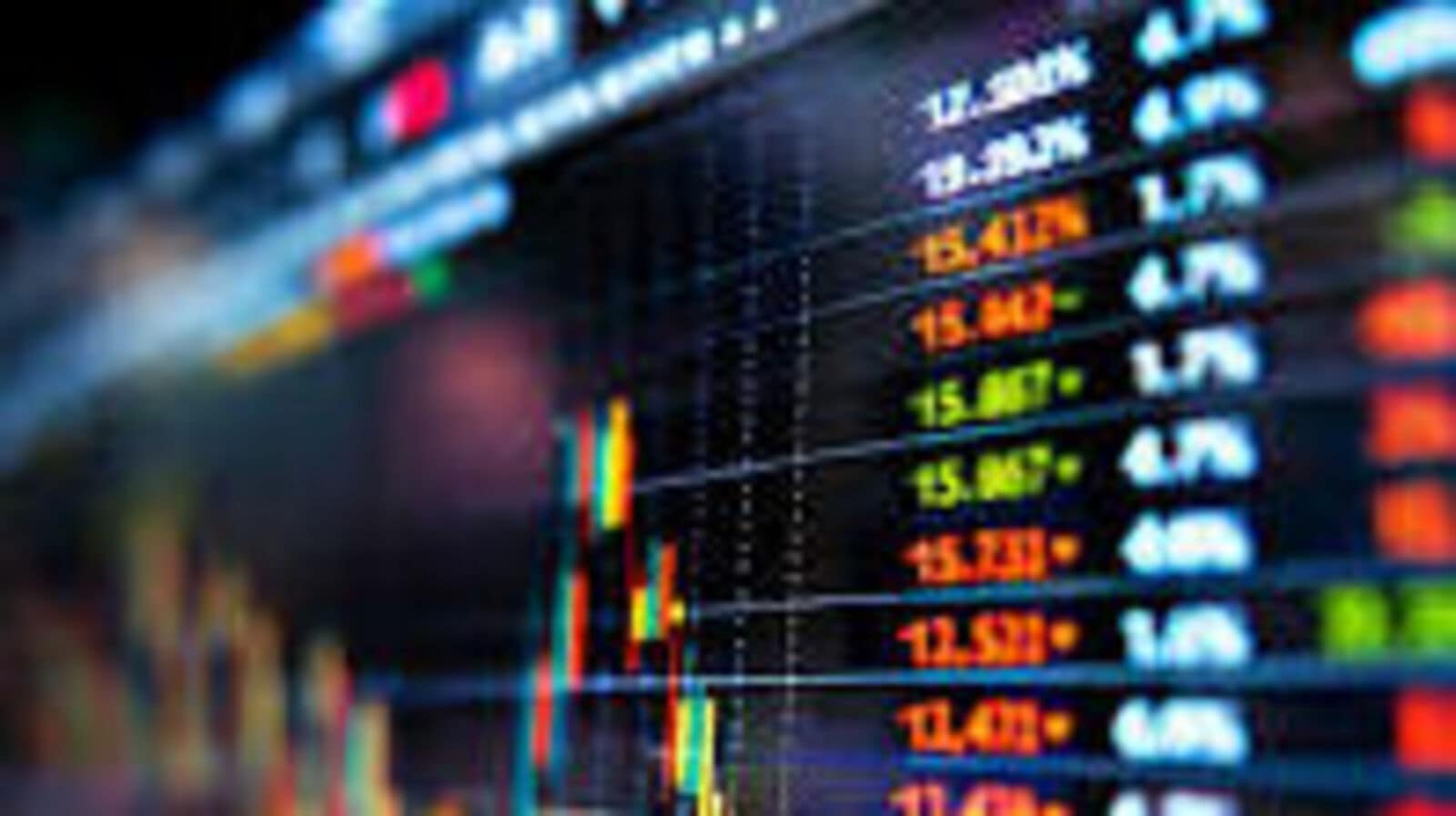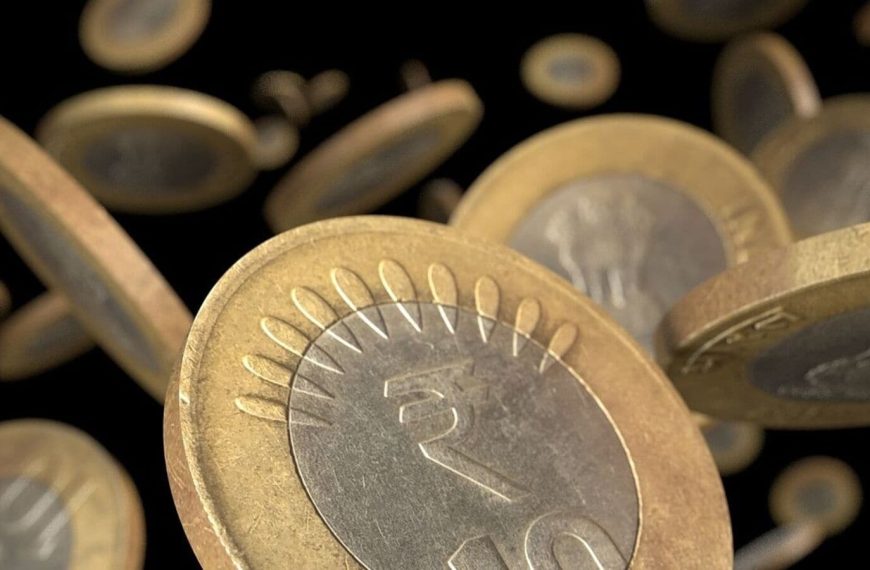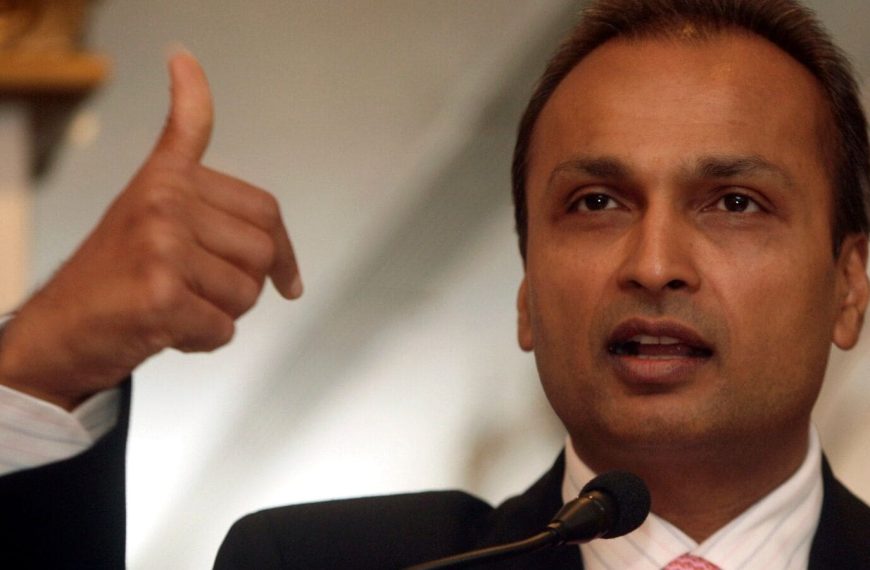South Korea’s financial landscape experienced notable shifts on Friday, echoing the turbulence seen on Wall Street. Amid ongoing trade tensions, particularly surrounding U.S. President Donald Trump’s policies, the KOSPI index saw a slight decline. However, there’s a silver lining as the South Korean won gained strength against the dollar, and bond yields fell, indicating mixed signals in the market.
KOSPI Index Declines Amid Trade War Concerns
As of 0051 GMT, the KOSPI index fell by 4.97 points or 0.19%, settling at 2,568.67. Despite this dip, the benchmark has managed to record a 0.1% increase over the week, showcasing resilience in the face of external pressures.
- Key Stock Movements:
- Samsung Electronics dipped by 0.18%.
- SK Hynix, however, saw a rise of 1.40%.
- LG Energy Solution experienced a notable decline of 2.94%.
In the automotive sector, Hyundai Motor decreased by 0.65% while Kia Corp fell by 0.30%. The technology sector also saw fluctuations, with Naver dropping 2.55% and Kakao rising by 1.16%.
Market Sentiment Influenced by U.S. Developments
The downturn in South Korea’s market can be attributed to a steep decline in Wall Street, where the S&P 500 confirmed a correction phase. This was largely driven by market reactions to inflation data that failed to alleviate concerns over escalating tariffs.
In response to these market uncertainties, Choi Sang-mok, South Korea’s acting President, urged financial regulators to maintain vigilant oversight of the markets. His office emphasized the need to navigate the complexities of U.S. tariff policies and potential shifts in global monetary policies.
Korean Won Strengthens Against the Dollar
On the foreign exchange front, the South Korean won was trading at 1,456.4 per dollar, reflecting a 0.04% improvement from the previous close of 1,457.0. The won has appreciated 1.1% against the dollar since the start of the year, indicating a positive trend amidst fluctuating market conditions.
Bond Market Insights
In the bond markets, March futures for three-year treasury bonds remained stable at 106.73. The yield on the three-year Korean treasury bond saw a slight uptick of 1.0 basis points, reaching 2.580%, while the benchmark 10-year yield fell by 0.4 basis points to 2.779%.
The KOSPI has surged by 7.05% in 2023 so far, with a 2.3% increase over the last 30 trading sessions. Investors remain hopeful as the market continues to adapt to international economic pressures, revealing a complex yet dynamic financial landscape in South Korea.











